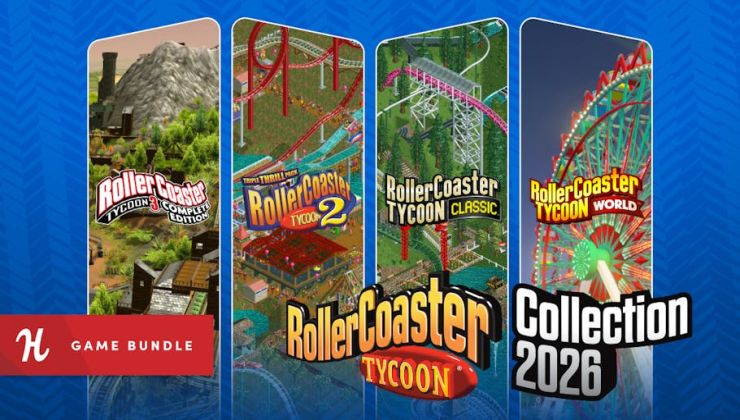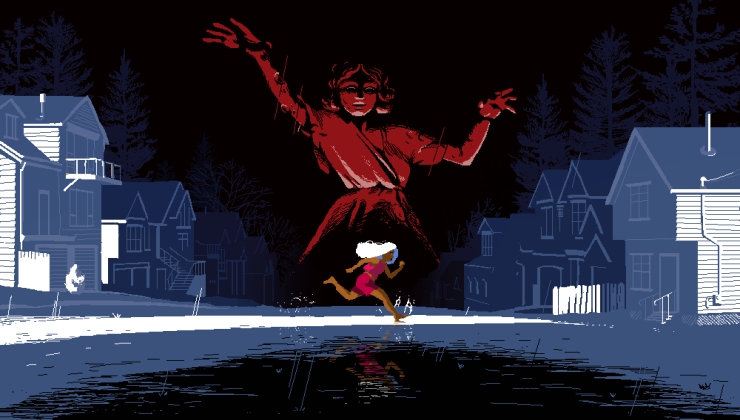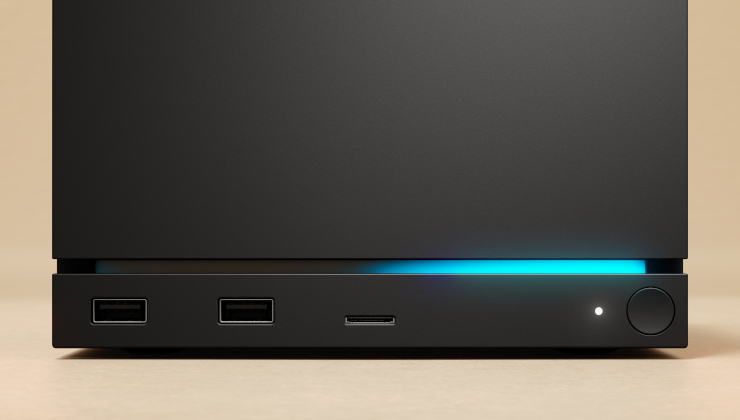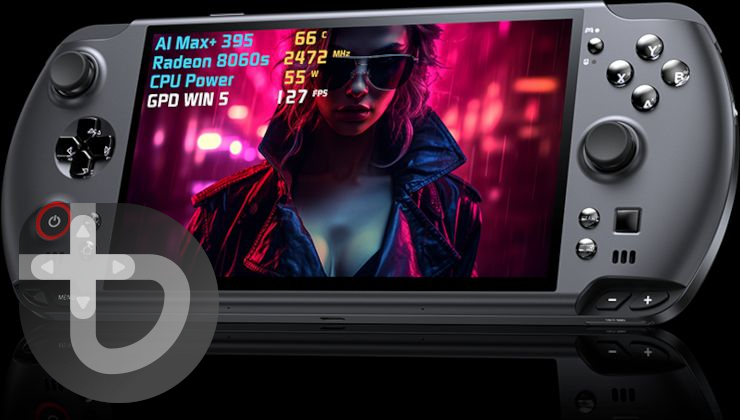The quest for better emulation is never quite done, it seems. The open source PS2 emulator saw its first major stable release in years a few months ago and since then more exciting stuff has been under development.
If you’re not familiar with PCSX2, it’s one of the oldest PlayStation 2 emulators around. While not completely perfect, it’s allowed for reasonably good emulation of titles for a long time and has gotten noticeably better on Linux as of the last few years. Back in May, PCSX2 released its first new stable version in four years and, with it, brought countless improvements and fixes as well.
The development hasn’t slowed since and there’s plenty to love in a recent progress report. While there’s a fair bit of code refactoring and bug fixing, I’m mostly excited about some the accuracy improvements that have been implemented. Z-buffer improvements, for example, solve many text and HUD display issues while dithering support and blending improvements make things look more as they were originally intended.
I’ve got quite a few PS2 games from back in the day and, as PCSX2 has steadily improved, it’s been fun to revisit those titles. While things aren’t quite perfect yet, there’s an impressive amount of compatibility. Even software rendering is relatively manageable for those few picky titles that don’t play nice yet. Still, projects like these are invaluable for preservation of old games even as the original hardware becomes more difficult to find.
There are still quite a few milestones that PCSX2 has yet to reach but things are looking good. 64 bit support is in the works and even more accuracy improvements have been hinted to be in the pipeline. It’s unclear if and when the emulator will get a Vulkan renderer but with a macOS port in the works and the sorry state of OpenGL on that platform, it may well be that they implement a Metal compatibility layer atop of Vulkan.
You can give PCSX2 spin by getting it from your distro’s package manager or compiling from source.
At work, we run the same Vulkan code on both Windows and iOS, without issues.
Anyone have this issue with RadeonSi driver with a navi card (RX5500XT) ?
https://gitlab.freedesktop.org/mesa/mesa/-/issues/3323
Quoting: NasraAnyone have this issue with RadeonSi driver with a navi card (RX5500XT) ?I haven't seen any visual corruption in OpenGL games/apps with my RX 5700XT, if that helps. I'm using Kisak's Mesa packages as well.
https://gitlab.freedesktop.org/mesa/mesa/-/issues/3323
Seeing as the 5500XT is a slightly more recent chip, maybe try upgrading your kernel? Plenty of Navi fixes have gone in since Linux 5.4. [Mainline](https://code.launchpad.net/~cappelikan/+archive/ubuntu/ppa) makes it easy to try Ubuntu's mainline kernels if Pop!_OS doesn't provide one.
Quoting: AzPVulkan is already implemented on Mac OS via Metal, using the layer that comes with the VulkanAPI installer.I suspect that he was referring to the same layer that you are, MoltenVK. I think his point was that, though he doesn't have any information about when a Vulkan renderer would be released, it seems like the MacOS version would be more likely to rely on MoltenVK than any other approach, which would mean that the Vulkan renderer would have to be implemented as well for the MacOS version to be released (much more likely than a separate Metal renderer being developed).
At work, we run the same Vulkan code on both Windows and iOS, without issues.
Quoting: tuubiThere is also the [Liquorix](https://liquorix.net/) kernel available as another alternative. I'm not recommending one over the other, just giving another option.Quoting: NasraAnyone have this issue with RadeonSi driver with a navi card (RX5500XT) ?I haven't seen any visual corruption in OpenGL games/apps with my RX 5700XT, if that helps. I'm using Kisak's Mesa packages as well.
https://gitlab.freedesktop.org/mesa/mesa/-/issues/3323
Seeing as the 5500XT is a slightly more recent chip, maybe try upgrading your kernel? Plenty of Navi fixes have gone in since Linux 5.4. [Mainline](https://code.launchpad.net/~cappelikan/+archive/ubuntu/ppa) makes it easy to try Ubuntu's mainline kernels if Pop!_OS doesn't provide one.
Quoting: CFWhitmanI suspect that he was referring to the same layer that you are, MoltenVK. I think his point was that, though he doesn't have any information about when a Vulkan renderer would be released, it seems like the MacOS version would be more likely to rely on MoltenVK than any other approach, which would mean that the Vulkan renderer would have to be implemented as well for the MacOS version to be released (much more likely than a separate Metal renderer being developed).The developers haven't outright said MoltenVK in any public post that I've seen, but it's a fair inference that they're looking at it for a solution. The impression I've gotten is that some developers may be playing around with Vulkan in their own spare time but it's not exactly a priority for the project.
Last edited by BTRE on 30 Jul 2020 at 12:49 pm UTC
Quoting: tuubiThe new kernel (5.7.11) don't help with artefacts in PCSX2, i'm going to upgrade MESA with Kisak PPAQuoting: NasraAnyone have this issue with RadeonSi driver with a navi card (RX5500XT) ?I haven't seen any visual corruption in OpenGL games/apps with my RX 5700XT, if that helps. I'm using Kisak's Mesa packages as well.
https://gitlab.freedesktop.org/mesa/mesa/-/issues/3323
Seeing as the 5500XT is a slightly more recent chip, maybe try upgrading your kernel? Plenty of Navi fixes have gone in since Linux 5.4. [Mainline](https://code.launchpad.net/~cappelikan/+archive/ubuntu/ppa) makes it easy to try Ubuntu's mainline kernels if Pop!_OS doesn't provide one.
Last edited by Nasra on 30 Jul 2020 at 6:15 pm UTC
Quoting: NasraSo... same thing :(Quoting: tuubiThe new kernel (5.7.11) don't help with artefacts in PCSX2, i'm going to upgrade MESA with kisac PPAQuoting: NasraAnyone have this issue with RadeonSi driver with a navi card (RX5500XT) ?I haven't seen any visual corruption in OpenGL games/apps with my RX 5700XT, if that helps. I'm using Kisak's Mesa packages as well.
https://gitlab.freedesktop.org/mesa/mesa/-/issues/3323
Seeing as the 5500XT is a slightly more recent chip, maybe try upgrading your kernel? Plenty of Navi fixes have gone in since Linux 5.4. [Mainline](https://code.launchpad.net/~cappelikan/+archive/ubuntu/ppa) makes it easy to try Ubuntu's mainline kernels if Pop!_OS doesn't provide one.
Kernel 5.7.11
Mesa 20.1.4 (Kisak PPA)
https://www.youtube.com/watch?v=_N9O3xdIpBM
https://www.youtube.com/watch?v=qvMBSbHEhfU
System Specs
Nvidia Drivers 440.66.12 (run package)
Lubuntu 20.04 x64 - Kernel 5.4.0-14 generic (ubuntu mainline) - CPUFreq: Performance
CPU: Core i3 8350K Tri-Core (Coffelake 14nm) 5.0Ghz + Zalman CNPS 10x Performa+ + MasterFan Pro Air Balance 83 CFM
MEMORY: 12GB DDR4 2400mhz (8x1 - 4x1) Mushkin (dual channel - flex mode: 37.5 gb/s)
GPU: Gigabyte Nvidia Geforce GTX 1050 OC (GP107 14nm: 640 Shaders / 40 TMUS / 32 ROPS) Windforce 2GB DDR5 7000Mhz 128Bit (110Gb/s)
MAINBOARD: ASUS Z370-P
:smile:
Last edited by mrdeathjr on 30 Jul 2020 at 2:33 pm UTC










 How to setup OpenMW for modern Morrowind on Linux / SteamOS and Steam Deck
How to setup OpenMW for modern Morrowind on Linux / SteamOS and Steam Deck How to install Hollow Knight: Silksong mods on Linux, SteamOS and Steam Deck
How to install Hollow Knight: Silksong mods on Linux, SteamOS and Steam Deck